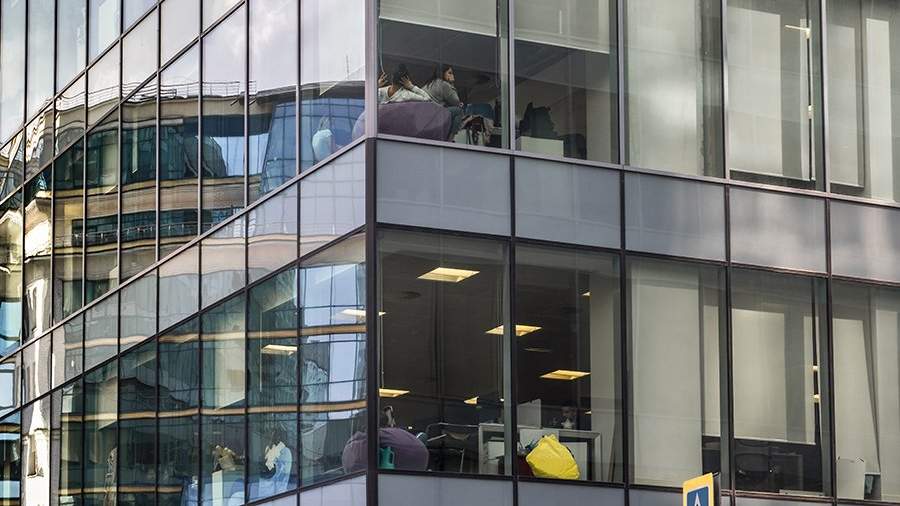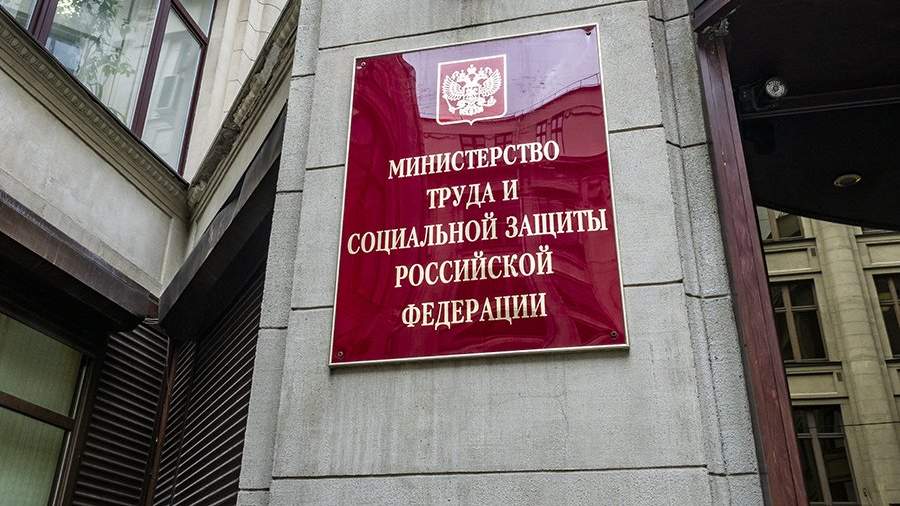Corona crisis forced 60% of enterprises to adjust their previously adopted hiring strategy, according to a study by the consulting company RosExpert (available from Izvestia). Of these, half of the companies have completely suspended recruitment… Only 40% of surveyed enterprises noted that they continue to actively recruit new specialists. The Ministry of Labor told Izvestia: 1.4 million vacancies await Russiansth. The experts interviewed believe that business quite reasonably took a wait and see attitude until the situation in the economy becomes clear.
Table Of Contents
Paused
30% of companies completely stopped recruiting new specialists. At the same time, every third respondent told about revising the plan for hiring personnel and reducing it by 20-50%, and in other cases by 80%. 40% of respondents actively hire employees taking into account their needs, it follows from the survey… The study involved representatives of large and medium-sized Russian companies representing mainly the consumer sector, retail and digital. Those who worked in the non-food sector, as well as in the b2b segment (business to business), were forced to optimize business in these areas, the authors explained.
Opinions of the respondents were almost equally divided about whether there was a need for new specialists during the pandemic. But negative answers outweighed positive ones., which indicates that there is no need for additional hiring. The employers did not manage to avoid optimization – mainly due to the redistribution and cutting of the wage bill. During the pandemic, the hierarchy of the most demanded qualities of workers also changed: high adaptability to work in new conditions, communication and anti-crisis skills came to the fore.
More than half of the surveyed enterprises (55%) managed to keep their staff at the pre-crisis level. Whereas in every fifth company there were layoffs, mostly related to the needs of the company, but not to the pandemic. A quarter of respondents admitted to cutting staff in recent months to 20%… At the same time, the pandemic forced businesses to reconsider the competencies of specialists, prioritizing those related to digital and information technology, sales development and work with customers, and personnel management.
– Today, in many backbone sectors of the economy, flat ones are replacing the usual vertical structures. The successful team now consists of highly effective and self-sufficient employees with advanced IT competencies, and middle managers have been empowered to make decisions and take responsibility for them, and not just controlling functions, as it was before, – said Oksana Morsina, Managing Partner of RosExpert.
According to her, now companies are choosing a combination of internal and external hiring, while reducing the flow of specialists from outside. The tendency for a weak recruitment will last at least until the end of the year, the expert believes.
Wait position
Conservative plans for hiring new employees are related to the fact that the business quite reasonably took a wait and see attitude until a holistic assessment of what is happening in the economy appears, says Mikhail Kogan, head of the analytical research department at the Higher School of Financial Management. In his opinion, the government’s measures, which acted as a medicine, but mask the real situation of many companies that continue to fight for their existence, can distort the picture.
According to the expert, the decline in hiring plans speaks of a slow recovery in the labor market, where the unemployment rate peaked in eight years at 6.2%… Caution will increase the stability of companies, which, if their fears are not confirmed and the economy is sustained and actively restored, will increase their staff and pre-crisis capacities, Mikhail Kogan believes.
In July, the hiring market has already recovered to the pre-crisis levels of late winter and early spring. The number of vacancies posted in all areas showed positive dynamics, consolidating the moderately recovery trend of recruitment, which began in mid-May, the HeadHunter press service said. However, they noted that the recovery is now of a sectoral nature. There are still areas that have not yet reached their pre-crisis levels, although they showed double-digit growth rates in July versus June. In particular, we are talking about personnel management, art, entertainment, mass media and a number of others.
According to HeadHunter, the leaders in terms of growth of vacancies in the middle of summer to the pre-crisis period were the categories of “workers”, “construction and real estate”, “transport and logistics”… But the greatest dynamics was shown by offers for civil servants (+ 128%), as well as young specialists / students (+ 41%), where one of the highest indicators of competition in the market remains – 13 resumes per vacancy.
The press service of the Ministry of Labor told Izvestia that the total number of vacancies is about 1.4 million. To promote employment, the country has adopted a set of measures to support both employers and workers themselves. Since the beginning of the pandemic, the difference between the dismissed and newly recruited citizens amounted to 745 thousand people, noted there.
The ministry added that within the framework of the retraining project, which they are implementing together with the Ministry of Education and Worldskills, training in relevant specialties has been organized for unemployed citizens.


